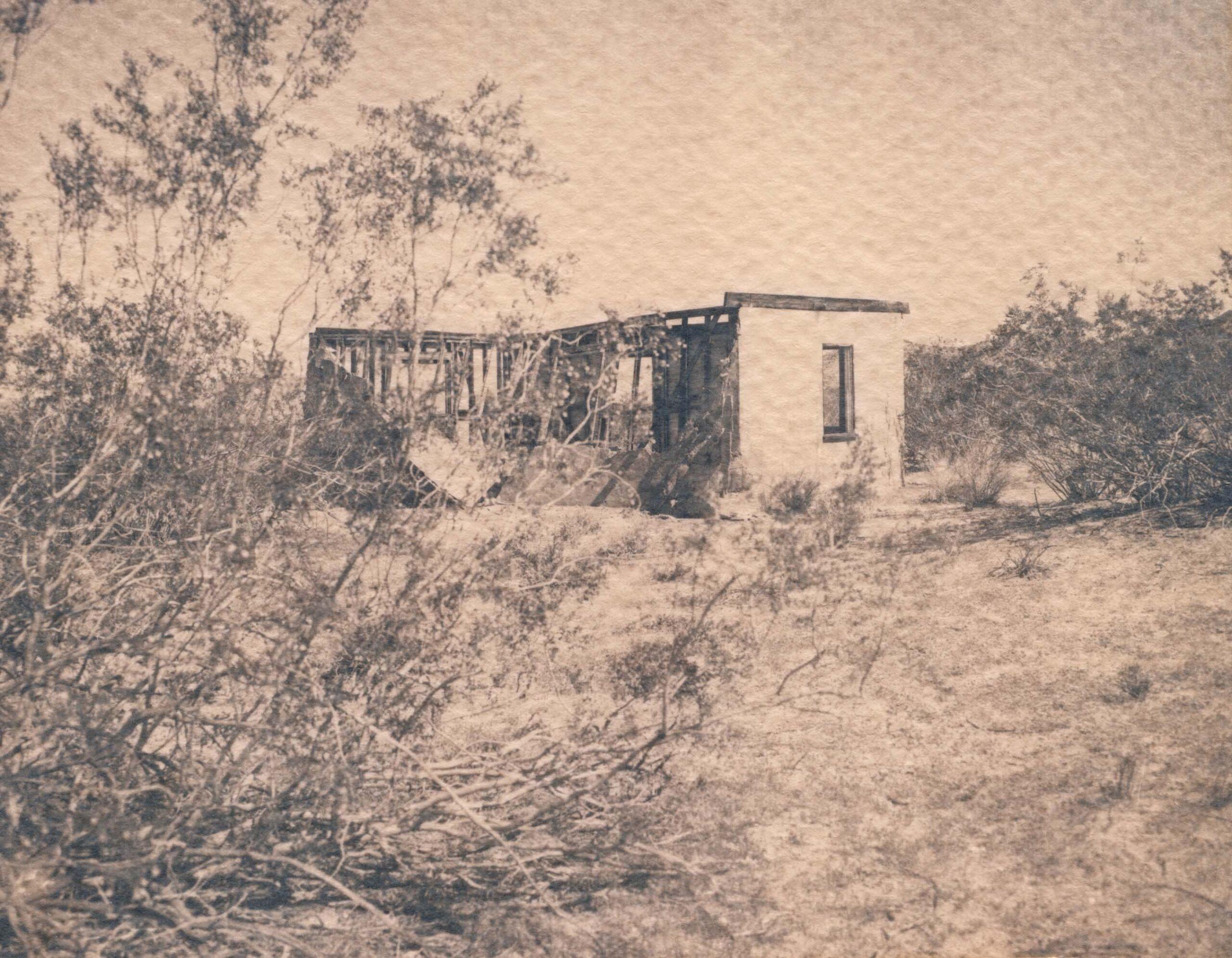 Alaska’s winter darkness can almost drive a person insane. That’s a commonplace, but I could tell from one visit to Anchorage, its absence of true darkness in June might do it too.
Alaska’s winter darkness can almost drive a person insane. That’s a commonplace, but I could tell from one visit to Anchorage, its absence of true darkness in June might do it too.
I stepped out of a bookstore, a bit too cutely called “The Title Wave,” where I’d bought a book and a copy of the daily paper. I’d skimmed through articles about brawls erupting over fishing spots, even within city limits. It was king salmon season. One fellow had yanked a brute from the Eagle River the day before, having cast from his pickup’s tailgate in an asphalt lot. The newspaper photo showed the lucky fisherman’s face looking wilder than the 40-pound catch he flaunted.
I loitered for a few moments on the sidewalk. The bars were busy on Saturday, but then they’d been busy all week. I squinted at a pocket park across the street, where a circle of drunks with brown-bagged jugs were gathered, muttering curses like monks unhinged, their eyes cast down, as if watching the progress of ants at their feet. Or worms.
I felt a sudden tap on my shoulder. A slight, bespectacled person stood there, a Japanese man, I guessed. He carefully took off his glasses, then traced the letters on my chest. I was wearing a ratty T-shirt that read Sewanee. Where did I get that piece of clothing? Search me. That sun dazed the town. Not a thing made sense, it seemed.
The stranger whispered, “Sewanee.” Something, perhaps his accent, kept me from dismissing him as just one more local crackpot. “What is that? he asked.
I guardedly answered, “A college.”
A truck roared by, two men in back, all whoops and maniacal laughter. One waved a pint, and his partner held up his trophy salmon. My new friend scowled at the racket, but I curbed my impulse to judge the revelers. Who am I to censure joy? What’s more, the book I’d bought was all about aging well: according to the jacket copy, calm and resistance to facile judgment are crucial.
“Did you go to that college?” the man asked.
When I answered no, he persisted: “You’re educated, though.”
I felt caught in some state between vanity and shame. What had I shown that gave me away? I didn’t want to be singled out about anything. I was thousands of miles from home, and I believed, however oddly, that keeping my anonymity was a requisite for getting back.
Strange, how some things make me nervous and therefore reticent. This encounter with my curious fellow tourist unsettled me. I felt the way I do when someone asks, “Are you the poet?” I usually inspect my feet and mumble something self-dismissive: “Well, one of them, maybe.” Somewhere deep in my soul is a fear that, writing poems having been my life’s chief public activity, I have followed an inferior course. I should have devoted myself to more important causes: mitigation of racism, feeding the hungry, tending to the ill, what have you.
My mother’s persistent goading of me when I was small to “accomplish something” rings loud in the circumstances I describe. To have been a much-published poet: does that count as accomplishment? And I often worry that there may be unforgivable discrepancies between the I whom I present on the page and the person I genuinely am at my self-centered worst.
My interrogator continued to look me in the eye until two stooped native women reeled past, having bumped against me—by mistake, I think. My new friend grimaced again, watching them walk away.
“You’re educated too,” I quickly countered, unsure if I intended a compliment or just wanted to blunt the assessment he’d made of those women or, particularly, of me.
He wistfully countered, “No, I’m just a Joe.”
So am I! I wanted to scream.
The day was drifting toward what old poets called eventide, and yet all who could afford them, which excluded the pitiable drinkers in that pocket park, wore dark glasses.
That sun’s engulfing. One feels so exposed.
__
Sydney Lea, former Vermont Poet Laureate, published his 16th poetry collection, What Shines, a year ago, his seventh book of essays, Such Dancing as We Can, in January, and his second novel, Now Look, in May.
